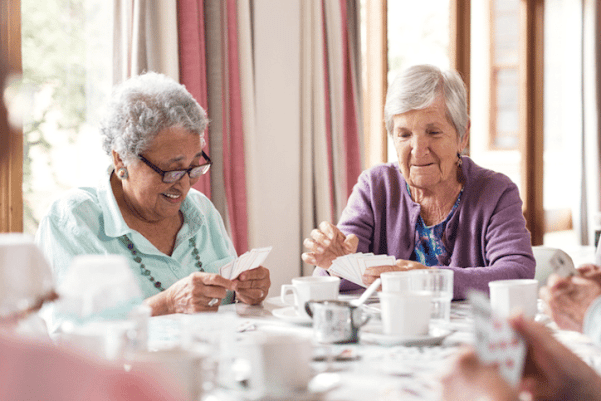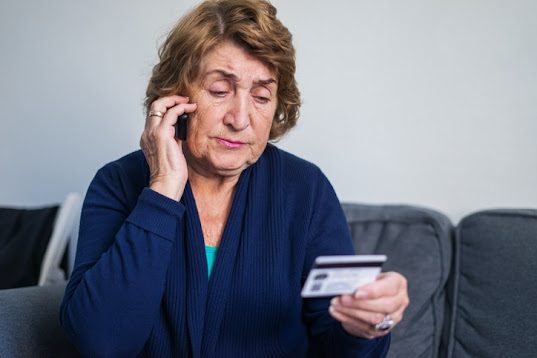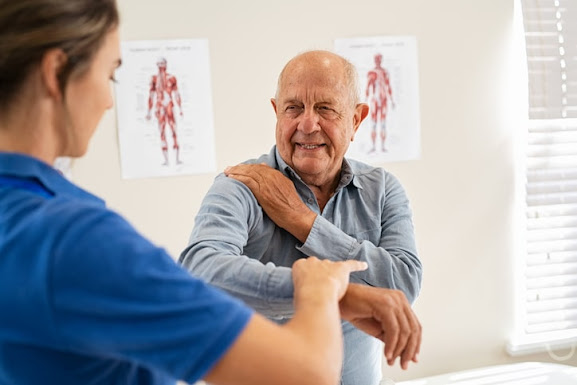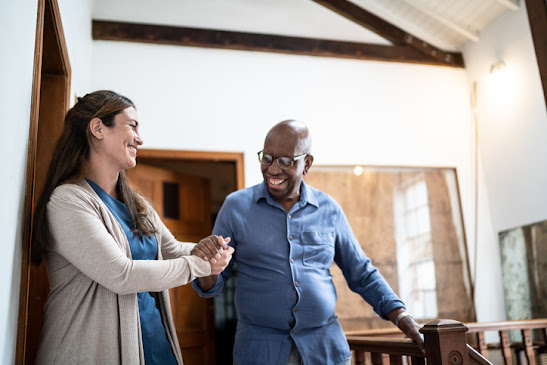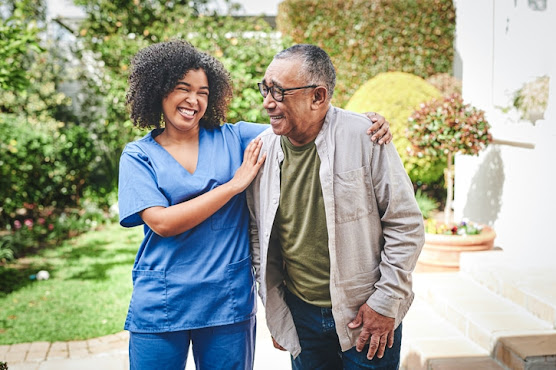Have you or your senior loved one considered moving into an
independent living or assisted living community? It’s never an easy decision to
make, but there comes a time when it’s the safest and wisest option for
everyone involved. Nowadays, you have several choices regarding types of
communities and the different levels of care they provide. You may be wondering
which is the more appropriate choice: assisted living or independent living?
Our team has highlighted the main advantages of both senior living
options to give you or your loved one better insight before coming to
a final decision.
Overview Of Independent Living
Independent
living communities are for seniors who require very little to no
assistance. Older adults who are empty nesters and have retired often find that
they want to be around people their own age, or that they’d like to be in
closer proximity to activities and hobbies like golf, swimming, tennis, fitness
centers, and other outdoor activities.
Some independent living communities offer help with light
cleaning from time to time, but for the most part, seniors who live in these
communities are 100% independent. They enjoy their freedom as they would
living anywhere else, and they take advantage of on-site amenities like a
clubhouse, activity room, or fitness center to spend time with friends and stay
active.
Overview Of Assisted Living
Assisted
living communities provide a range of support for older adults,
including help with medications, bathing, dressing, preparing meals, grooming,
getting to and from appointments, and much more. There is no one-size-fits-all
way to describe assisted living because it’s customized to the individual, and
many assisted living communities offer many different levels of care. This is
an advantage that assisted living has over independent living – the care is there
if and when you need it.
Assisted living is an ideal option for people who have
limited mobility, people with complex or chronic health conditions that require
monitoring, or people who are recovering from an injury or an operation.
Assessing Your Needs
In order to decide which level of care is the best for you
or your loved one, answering the following questions can help you choose:
- Do
you require help bathing and getting dressed?
- Do
you have any complex or chronic health conditions?
- Do
you have limited mobility?
- Are
you on multiple medications and do you need to see a doctor on a regular
basis?
- Do
you need help cooking, preparing food, or eating?
If you answered yes to any of these questions, assisted
living might be the best choice.
UMC Allows You to Adjust Your Care As Your Needs Change
At UMC we understand that your needs will change as you get
older, whether it’s due to an injury, an illness, or simply the limited
mobility that can come with aging. This is why our communities offer different
levels of specialized care for you or your loved one. Perhaps you’ll start off
in independent living at UMC at Bristol Glen, then after a few years you’ll
feel that assisted living is more appropriate for your medical and personal
needs. The best part about making this change, is there’s no need to uproot
yourself and move to a totally different location. With UMC, a continuum of
care is available under one roof.
If you have any questions about the different levels of
senior living and what each one includes at UMC, please contact our team today: https://umcommunities.org
This blog was originally published at https://umcommunities.org/blog/levels-of-assisted-living/
